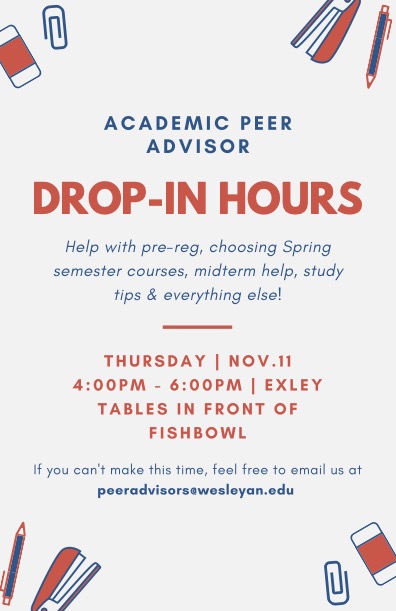I am writing you now with important information about the revised academic calendar and course registration processes. Due to the shift in the opening of our semester, some important dates have changed. In addition, the first two days of classes will be held remotely.
Remote drop/add attendance:
January 27 and 28 classes will be held online. During those two days, faculty have the option of allowing non-registered students to attend remotely. You can see which courses have made available the “Remote Course Access” in your WesPortal in the courses bucket or in the alert box. You will have access to link in WesPortal until 11:59 p.m. Friday, January 28.
Beginning on January 31, classes will meet in-person. Students should not attend in-person classes for which they are not registered, unless they have retained explicit permission from faculty. This is due to strict requirements for Covid classroom capacity compliance.
Grading Mode:
Only courses offered for “student option” grading mode allow students to choose between taking the course for A-F or CR/U. Please be sure to confirm your grading option in your courses by 5 p.m. on February 23.
Below are other important dates to be aware of for the spring semester:
1/20-2/9: Drop/Add Period
1/20-2/9: On-campus enrollment period for undergraduates and graduates
1/27: Classes begin
2/23: For courses in which students have an option of grading mode, the final choice must be made by 5 p.m.
3/4: Last day to withdraw from 3rd quarter classes
3/11: 3rd quarter classes end
3/12-3/20: Spring break (one-week only)
3/21: 4th quarter classes begin. 4th quarter classes may be added or dropped during the five working days following the first class meeting
4/27: Last day to withdraw from full semester & 4th quarter classes
5/4: Classes end
5/5-5/9: Reading period
5/10-5/13: Final examinations



